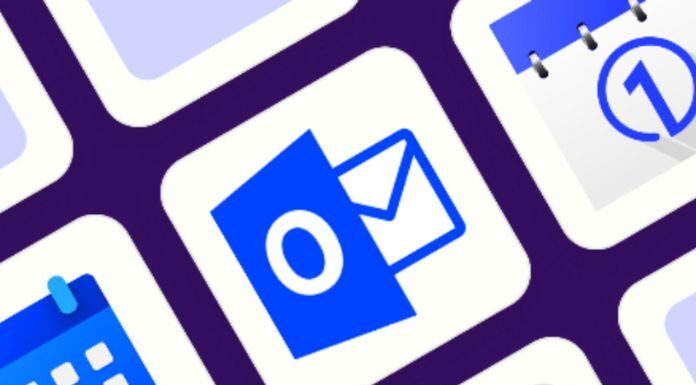Relationship marketing aims to retain and delight customers. Through effective communication, prompt service, and concern for customer success, the company establishes a bond of trust and engagement with its consumers.
To put all this into practice, however, it is necessary to adopt some relationship marketing tools.
Among the main relationship marketing tools are:
- CRM
- Email marketing
- Tools that enable omnichannel
- Social media
- automation tool
Below we will talk a little more about each of these systems so that you understand what needs they meet and what features they offer. Follow!
Relationship Marketing Tools
Before we present each relationship marketing tool in more detail, it is essential to emphasize that the relationship with your customer starts from the first contact he has with your brand, long before making a purchase, and continues until long after have become a buyer.
Therefore, different tools can act on different “fronts” to generate an excellent experience for the customer, contributing to their loyalty.
CRM
CRM, or Customer Relationship Management, is, at the same time, a set of strategies that aim to optimize the management of the company’s relationship with customers and software that organizes the execution of this management.
As the name implies, CRM is a system whose mission is to manage the company’s and customer’s relationship. To this end, a series of functionalities are made available, from the simplest, such as customer registration, to the most complex, such as reports with cross-referenced data on consumer behavior.
Given this, we are talking about the primary relationship marketing tool. A system was born to do exactly that: create a good relationship between company and customer, transforming leads into customers and customers into brand promoters.
Among the features you can find in the CRM software are:
- customer base,
- follow-up on the team’s work which customers were visited, products or services offered,
- organizing future team activities with each lead,
- structuring of the sales funnel so that no customer “falls behind” without service or response,
- access to customer relationship history, essential to make communication even more personalized,
- follow-up management so that salespeople are aware of the returns they have to give to customers
- activity calendar,
- report data on customer behavior and each stage of the sales pipeline.
Email Marketing
Email marketing is the most direct way to talk to your customers and is also one of the most preferred by consumers.
In fact, according to a survey by Marketing Sherpa, 72% of consumers choose email as the best channel for receiving communications from companies and brands. Also, it’s important to remember that 99% of consumers check their email inboxes daily.
Therefore, email is a way to reach your customer directly, without interrupting him (as you do with a call in the middle of the day) and talk to him about different subjects, for example:
- dissemination of new products and services,
- sending a satisfaction survey,
- relevant content sharing,
- invitation to an event,
- presentation of offers and promotions, and more.
Not to mention the types of transactional emails, widely used by e-commerce, which help the relationship between the brand and the customer, informing about accepted orders, payments made, transport status, and more.
This is all part of creating a brand-customer relationship. As in personal relationships, each contact is critical to creating a sense of closeness, trust, and partnership.
Social Networks
When used as an Inbound Marketing strategy, social networks act mainly on two fronts: attracting users to your company’s channels (1st stage of the sales funnel ) and customer loyalty (the last stage).
In essence, social networks are relationship channels. Your company must produce content far beyond commercial and promotional posts to achieve this purpose.
Use social channels to engage leads with publications that share content relevant to your persona, and invest in content such as:
- quiz,
- infographics,
- videos,
Use networks to do research, share news and offer relevant content. A decoration object company can invest in tutorials, such as how to assemble a flower arrangement.
Tools That Enable Omnichannel
Omnichannel service allows the customer to talk to your team in the channel they prefer in an integrated and efficient way.
For example, suppose a consumer activates the Facebook Messenger chat instead of calling the company’s SAC. In that case, he will also be able to solve his demand through this channel without changing to another platform or telling his whole story to the company.
In omnichannel, the company offers more than multiple contact channels. It offers integration between these channels so that the user can make purchases, ask for support, ask questions, make an exchange, and much more, in the channel he prefers, in an agile way.
Marketing Automation Tool
Putting all these relationship marketing tools to work is complex, and your mission may be possible with a technology that integrates all of this.
That’s why the last of the tools listed here is precisely the one that allows all the others to “run” with agility and efficiency. Marketing automation is done through software performing tasks such as:
- building landing pages and forms without a programmer,
- lead generation and tracking,
- sending email marketing,
- segmentation and personalization of content according to the persona and stage of the journey,
- lead scoring to identify qualified leads,
- data monitoring, and much more.
As a result, it increases the team’s productivity, optimizes the conversion rate, and increases the return on investment.

